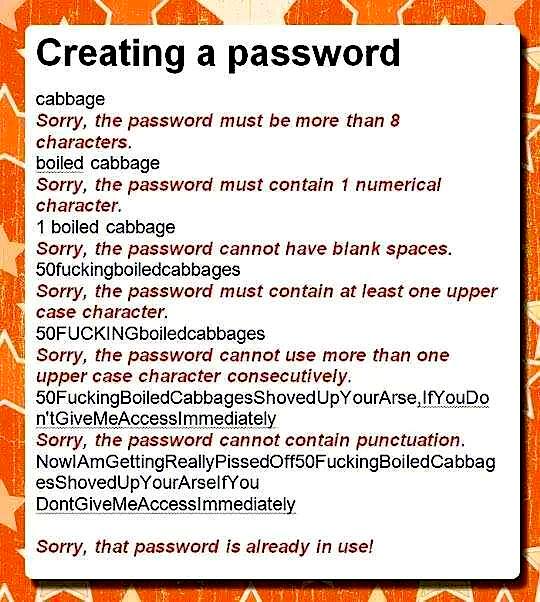
FOR YEARS, WE’VE been promised the end of password-based logins. Now the reality of a passwordless future is taking a big leap forward, with the ability to ditch passwords being rolled out for millions of people. When Apple launches iOS 16 on September 12 and macOS Ventura next month, the software will include its password replacement, known as passkeys, for iPhones, iPads, and Macs.
Passkeys allow you to log in to apps and websites, or create new accounts, without having to create, memorize, or store a password. This passkey, which is made up of a cryptographic key pair, replaces your traditional password and is synced across iCloud’s Keychain. It has the potential to eliminate passwords and improve your online security, replacing the insecure passwords and bad habits you probably have now…
If you are new to an app or a website, there’s the potential that you can create a passkey instead of a password from the start. But for services where you already have an account, it’s likely you will need to log in to that existing account using your password and then create a passkey.
Apple’s demonstrations of the technology show a prompt appearing on your devices during the sign-in or account-creation phase. This box will ask whether you would like to “save a passkey” for the account you are using. At this stage, your device will prompt you to use Face ID, Touch ID, or another authentication method to create the passkey.
As Apple’s passkeys are based on the wider passwordless standards created by the FIDO Alliance, there’s the potential that they can be stored elsewhere, too. For instance, password manager Dashlane has already announced its support for passkeys, claiming it is an “independent and universal solution agnostic of the device or platform.”
RTFA for all the instruction you’ll need to begin using passkeys. Time for another change that makes using the Web easier.
Phew!







